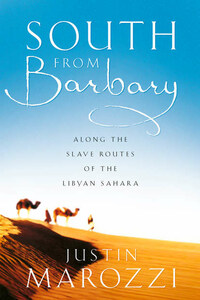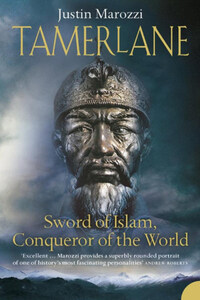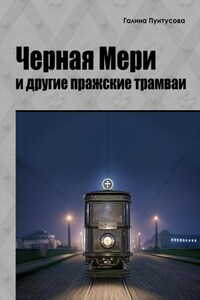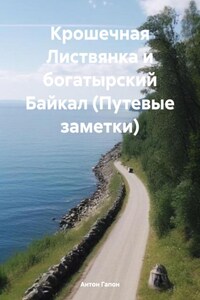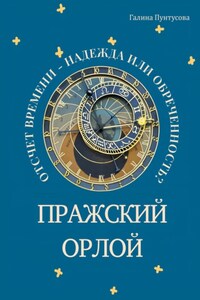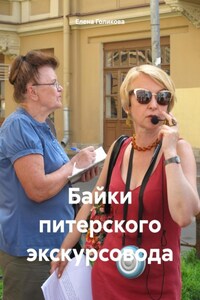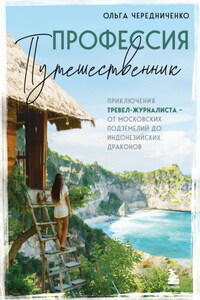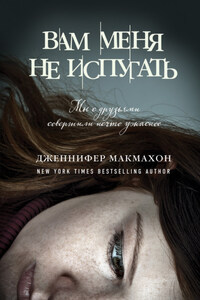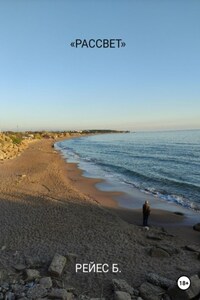The hour is nigh; the waning queen walks forth to rule the later night,Crowned with the sparkle of a star, and throned on orb of ashen light:The wolf-tail sweeps the paling East to leave a deeper gloom behind.And dawn uprears her shining head, sighing with semblance of a wind:
The highlands catch yon Orient gleam, while purpling still the lowlands lie;And pearly mists, the morning-pride, soar incense-like to greet the sky.The horses neigh, the camels groan, the torches gleam, the cressets flare;The town of canvas falls, and man with din and dint invadeth air â¦
Do what thy manhood bids thee do, from none but self expect applause,He noblest lives and noblest dies who makes and keeps his self-made laws.All other life is living death, a world where none but phantoms dwell,A breath, a wind, a sound, a voice, a tinkling of the camel-bell â¦
Wend not thy way with brow serene, fear not thy humble tale to tell:âThe whispers of the Desert-wind, the tinkling of the camelâs bell.
THE KASÃDAH OF HÃJÃ ABDÃ AL-YAZDI
SIR RICHARD BURTON
âBasically, youâre going to be bloody cold.â
ANTHONY CAZALET
âHelp me with this camel,â said Abd al Wahab, while Ned and I were busily applying Elizabeth Arden Visible Difference Eight Hour Cream to our faces. Abd al Wahab, our guide, understood camels. They were part of his world. Moisturizer was not. Hastily we packed it away, put the finishing touches to the last camel load, and marched off into the desert. We were under way.
For six years I had longed to make the journey we were now beginning. In a way I owed it to my father, for it was he who had taken me to Libya for the first time. Together, in the warmth of February, we had walked through Tripoli as the wind streamed in from the sea; past the forbidding castle, which had seen 1,000 years of wars and intrigues between marauding corsairs, pirates, Spaniards, Italians, Englishmen, Arabs and Turks, and still stared out impassively towards the southern shores of Sicily; through the ancient Suq al Mushir and into an exotic medley of sights, sounds and smells that roused the senses and stirred the imagination. Throngs of prodigiously built matrons haggled ferociously with softly spoken gold- and silversmiths for jewellery they could not afford. Some were still dressed in the same white, sheet-like farrashiyas their forebears had worn hundreds of years before. Others hid behind their gaudy hijabs (Islamic veils) as they sailed through the narrow alleys hunting for perfume. Deeper into the market, beneath a minaret from which the muaddin was calling the faithful to prayer in haunting, ululating cadences, we had found a dilapidated café, its courtyard open to the sky, and taken our places alongside men playing cards and drinking mint tea, hunched protectively over their bubbling shisha pipes stuffed with apple-flavoured tobacco.
My fatherâs old friend Othman had taken us for a drive around the city in his Peugeot 504, a brave wreck of a car that had somehow survived several decades of neglect. In the squalid port area, men pored over slabs of tuna and disputed prices with the fishermen. One of these, a great hulk of a man, was tenderizing an octopus, throwing it to the ground, picking it up by its tentacles and then hurling it down again and again.
âWe call Tripoli ar Roz al Bahr, the Bride of the Sea,â Othman told me as we drove past whitewashed houses along the old corniche, watched over by the palm trees that swayed in the coastal breeze. There was something unmistakably forlorn and beautiful about this city, a sense of wistfulness and a largely unspoken resentment. For centuries it had been a thriving commercial metropolis â cosmopolitan, elegant and refined. Now there was nostalgia and regret in the peeling paint of the colonial Turkish and Italian mansions that, one by one, were being targeted for demolition as vainglorious symbols of the white intruders onto African soil. Thirty years of the revolutionary regime had almost brought the city to its knees â cars fell apart, homes crumbled away, roads rotted â and now sanctions held the city in a tight and unforgiving embrace. My father knew Tripoli well. He had got caught up in the 1969 revolution and had met the young Muammar al Gaddafi just as the old order of King Idris was being consigned to oblivion, but for me it was all new and instantly, wildly, romantic.
